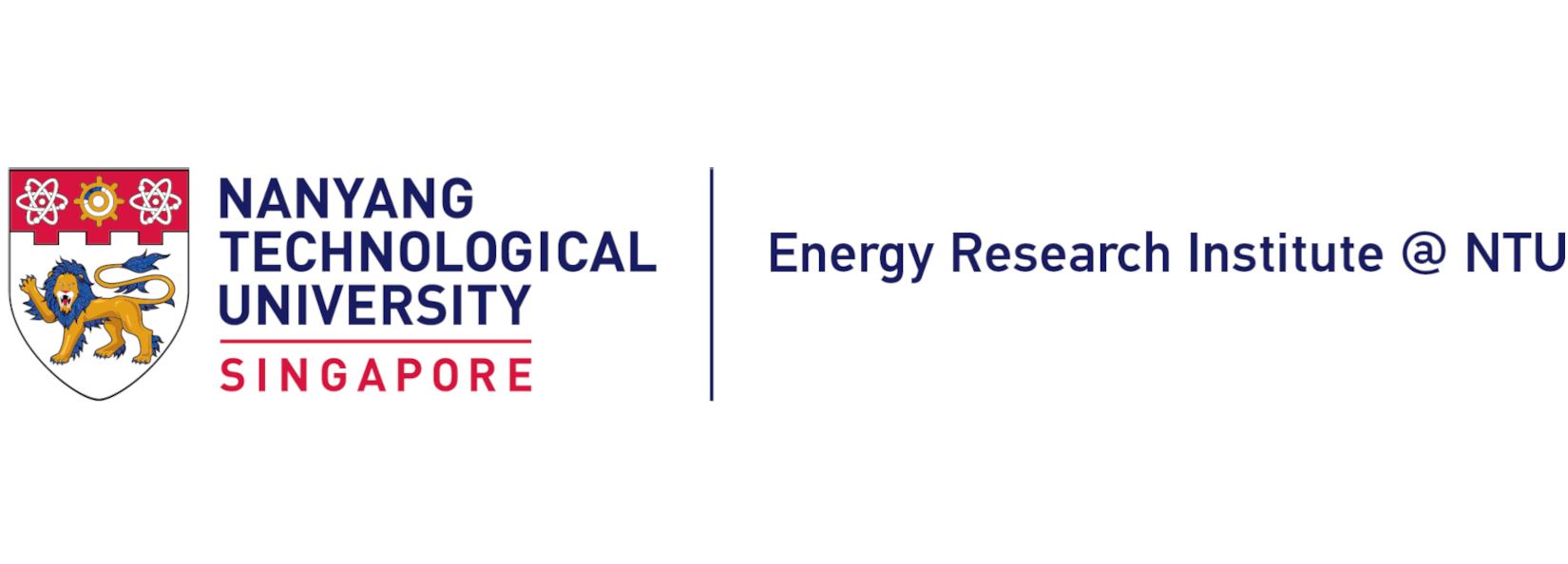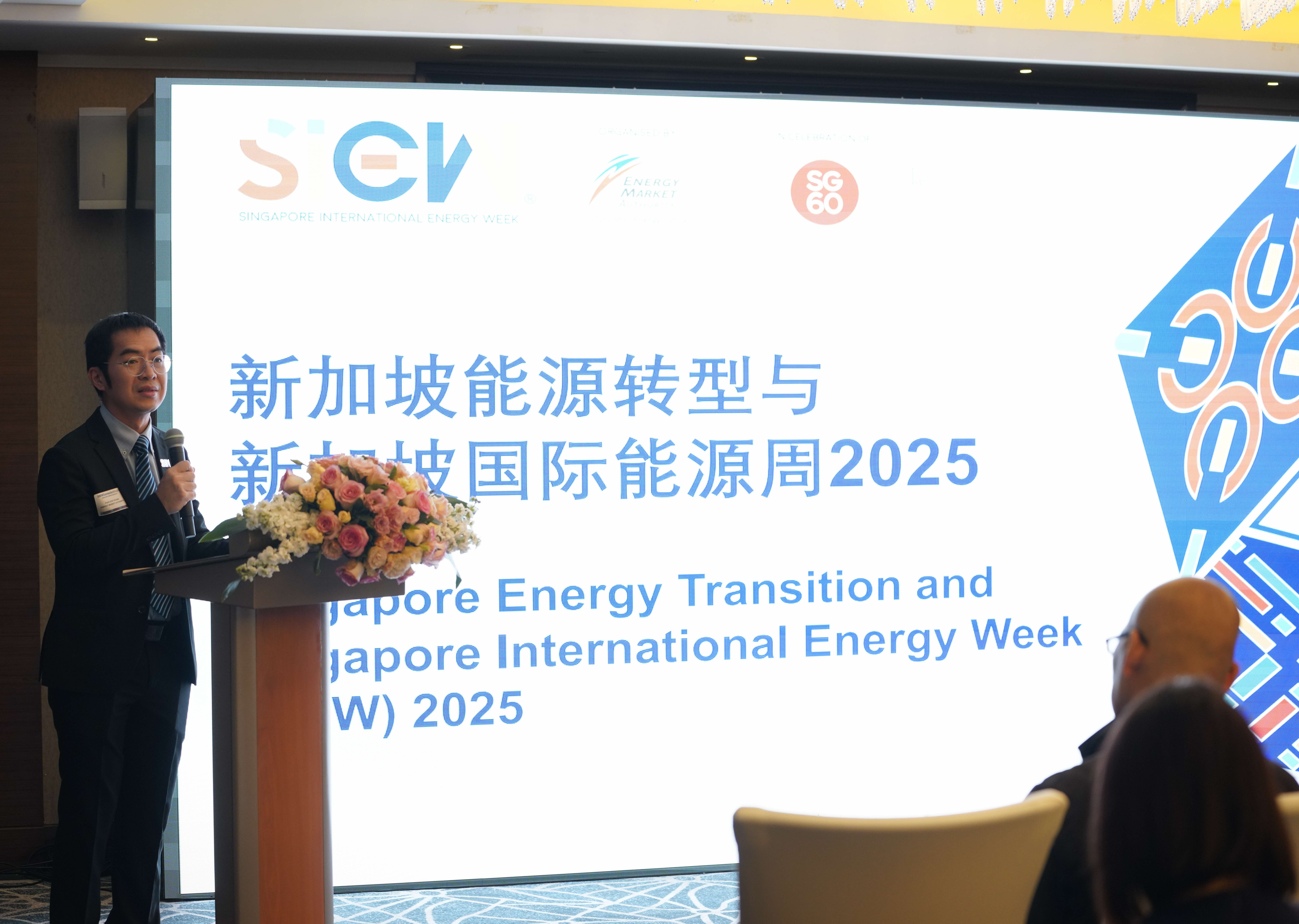
Asia’s dynamic energy landscape is driving unprecedented opportunities in natural gas development and innovation. On 19 May 2025, over 150 senior energy officials, industry leaders and experts convened for SIEWConnects@Beijing to discuss how natural gas can strengthen energy security while advancing clean energy integration across the region.
This is part of the SIEWConnects engagement series leading up to Singapore International Energy Week (SIEW) 2025 this October. Against the backdrop of rising energy demand and system pressures, the Beijing edition spotlighted the role of natural gas in strengthening regional resilience. Discussions explored how investments in gas infrastructure and market innovation can support clean energy integration and strengthen the flexibility of regional energy systems under this year’s theme “Envisioning Energy Tomorrow, Building Systems Today”.
Repositioning gas as a cornerstone of resilience
Mr Puah Kok Keong, Chief Executive, Energy Market Authority of Singapore (EMA), opened the session by highlighting the evolving role of natural gas in Asia. He noted that gas is no longer just a transition fuel. Today, it stands as a cornerstone of energy security and sustainability efforts across the region.
Mr Puah also highlighted how global gas demand grew by 2.7 percent in 2024, setting new records. Asia alone accounted for nearly half (40 percent) of that growth. He underscored that coal-to-gas switching has helped cut global carbon emissions by an estimated 500 million tonnes since 2010—equivalent to taking 200 million vehicles off the road.
Addressing the challenges ahead, Mr Puah said: "We must secure reliable, affordable, and cleaner energy while reducing carbon emissions. Natural gas will play a vital role in this transition."
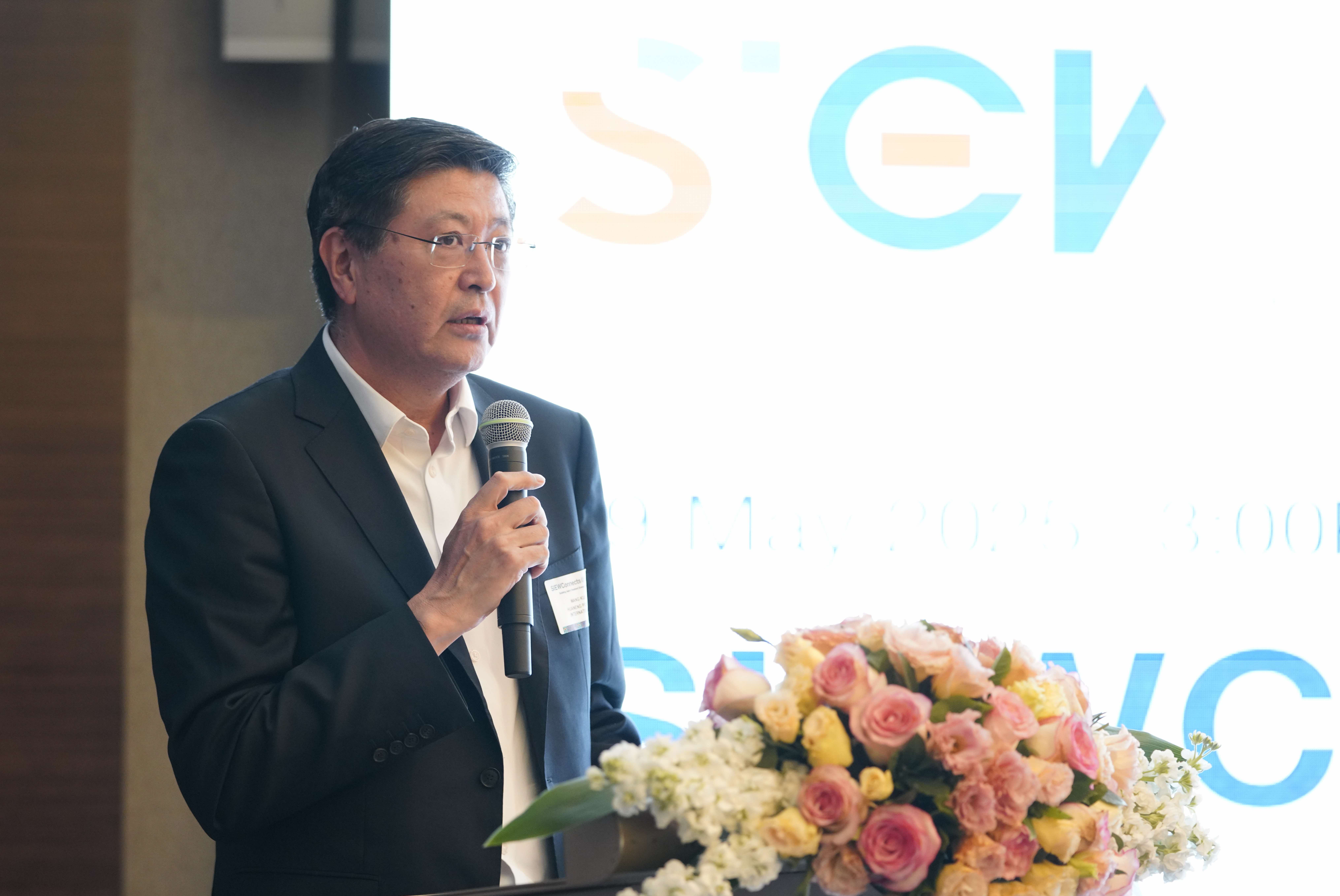
Building on this vision, Mr Wang Kui, Chairman of Huaneng Power International, Inc., Assistant to the President of China Huaneng Group Co., Ltd., called for greater collaboration across the energy value chain. He emphasised that innovation in clean energy technologies will be critical to building a more resilient regional energy ecosystem.
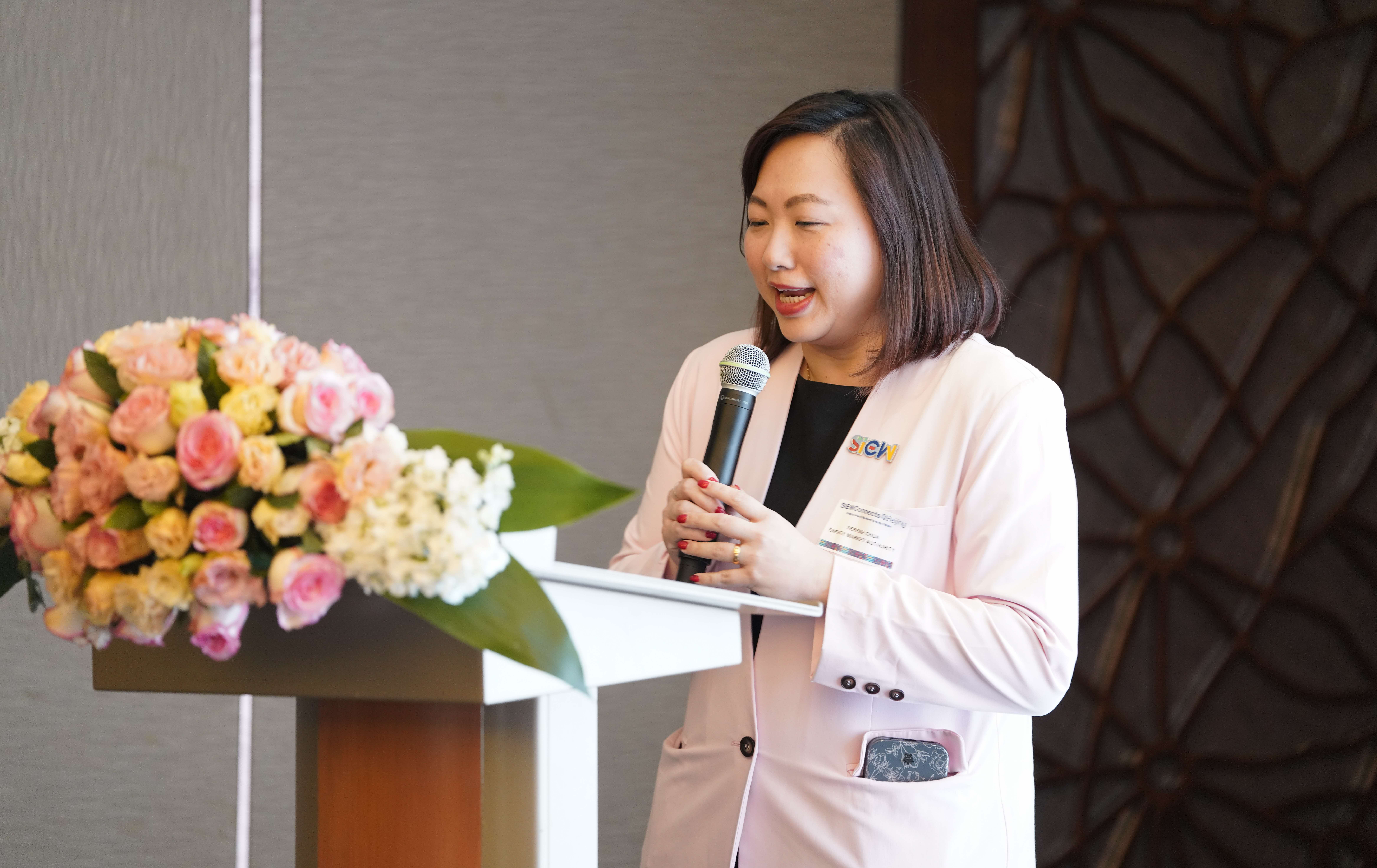
Powering Singapore’s Energy Future
Ms Serene Chua, Deputy Director, EMA, outlined how Singapore is adapting its power system to remain secure, reliable, and sustainable. She shared Singapore's 4 Switches strategy for the energy transition.
The first Switch centres on natural gas, which continues to be the country's main energy source. To enhance long-term resilience, Singapore is developing a second liquefied natural gas (LNG) terminal and ensuring new gas-fired power plants are hydrogen-ready. The strategy also includes the formation of the Singapore GasCo. The new entity, which Mr Puah announced in his Welcome Remarks, will consolidate enhance gas supply security through consolidated procurement.
The other three Switches reflect Singapore's commitment to a diversified and future-ready energy mix. These include scaling solar deployment, enhanced by cutting-edge Energy Storage Systems; importing low carbon electricity from regional partners; and investing in emerging technologies. The latter includes carbon capture and storage (CCS), low carbon hydrogen, and geothermal energy.
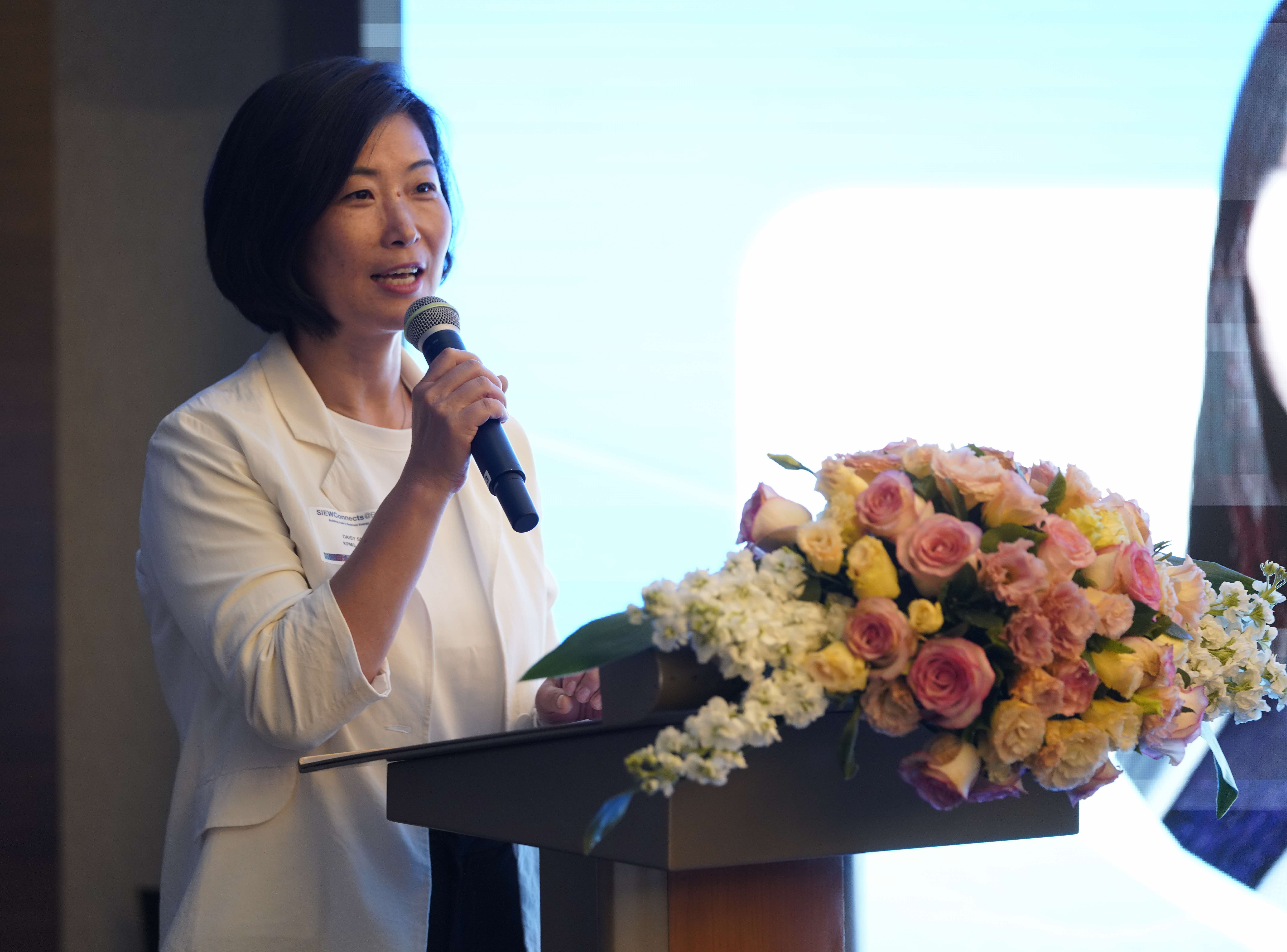
Navigating the shifting LNG landscape in Asia
Ms Daisy Shen, Head of Environmental, Social and Governance, KPMG China, shared perspectives on the rising role of natural gas in emerging markets. She highlighted that the Asia Pacific, Africa, and the Middle East are driving global gas demand growth.
Natural gas, Ms Shen emhpasised, has evolved beyond its role as a transitional fuel to become an integral part of the region’s long-term decarbonisation efforts. Emerging markets, she added, are increasingly shaping the global LNG agenda, not just responding to it.
Ms Shen highlighted that Asia currently accounts for 60 percent of global receiving terminal capacity, underscoring the region's central role in future LNG infrastructure and investment planning.
Ms Shen further emphasised the role of natural gas in strengthening energy system resilience, especially amid geopolitical uncertainty and extreme weather disruptions.
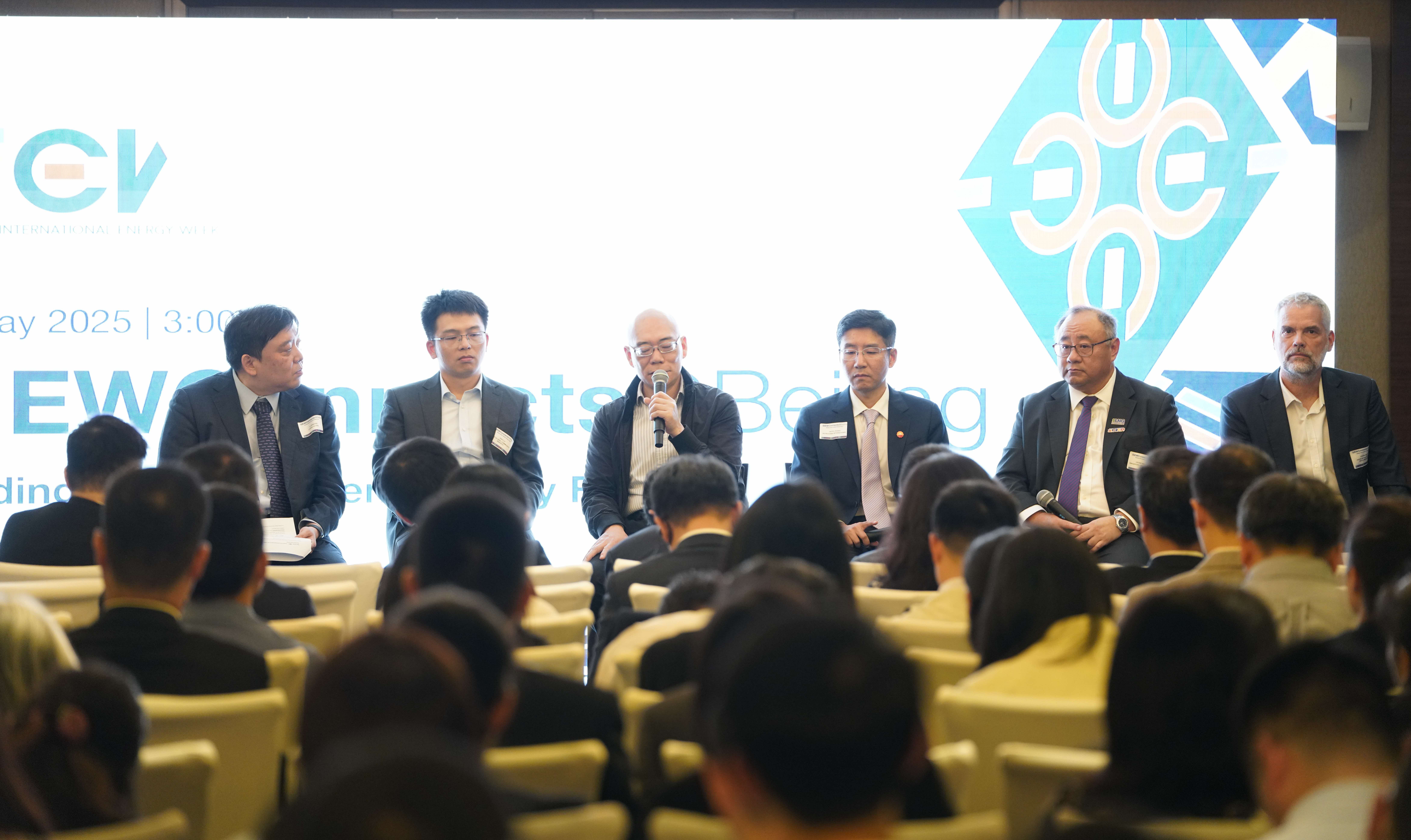
Advancing gas infrastructure and resilience
Mr Li Zengxin, Deputy General Manager, Caixin Global, Director, Caixin Global Intelligence, moderated the panel discussion on “Building Asia’s Resilient Energy Future”. This brought together diverse perspectives from finance, infrastructure, and analytics. The session focused on how natural gas infrastructure and market strategies can enhance regional energy resilience while accelerating the region’s decarbonisation journey.
Highlighting the role of gas financing and integration with clean energy systems, Mr Frank Belitz, Manager for Sector Solutions, Asian Infrastructure Investment Bank, described natural gas as a complement, and not a competitor, to renewables.
He emphasised the importance of investing across the full value chain, from production and storage to transportation, to enable innovation and scale. He also highlighted the role of multilateral institutions in de-risking energy transition investments and attracting private-sector participation.
Underscoring the operational side of integration, Mr Leong Wei Hung, Chief Executive Officer, Singapore LNG Corporation (SLNG), shared how SLNG is advancing the use of gas in low carbon applications. These include cooling data centres and developing infrastructure for ammonia and liquefied biomethane.
Addressing portfolio strategy in a volatile landscape, Mr Zhang Yaoyu, Assistant CEO and Global Head of LNG Trading and New Energies, PetroChina International, pointed to the sustained growth in gas demand despite geopolitical uncertainties.
Mr Zhang stressed the importance of diversifying supply across piped and liquefied natural gas to better serve customers and utilities. He noted that this diversification is critical to meet rising demand for more flexible gas delivery alongside traditional long-term contracts.
From a systems-level perspective, Dr Liu Qiang, Secretary General, Global Forum on Energy Security, Director of Energy Security Studies, Institute of Quantitative & Technological Economics at Chinese Academy of Social Sciences (CASS), highlighted the need to accelerate cost reduction in clean energy integration. He added that affordability remains key to maintaining momentum in the energy transition.
Looking to future demand drivers, Mr Xiao Lu, Research and Analysis Director, S&P Global Commodity Insights, noted that artificial intelligence (AI) data centres are emerging as a major growth segment for gas. S&P projects 40 percent annual growth in demand from this sector through 2030. This underscores the role of natural gas in supporting system stability in an increasingly digital energy landscape.
Building energy systems for tomorrow
SIEWConnects@Beijing reaffirmed the strategic importance of natural gas in Asia's energy transition. It highlighted how strategic infrastructure development and market innovation are creating more resilient, sustainable energy system, while enabling the integration of emerging low carbon solutions. As the energy landscape continues to evolve, the discussions at Beijing set the stage for deeper collaboration and knowledge-sharing at SIEW 2025.
SIEW 2025 takes place from 27 to 31 October at Marina Bay Sands, Singapore. Register your interest here.
SIEW is now on Rednote! Follow @SIEW_SG to stay ahead of the latest energy trends, innovations, and conversations shaping our future.

















